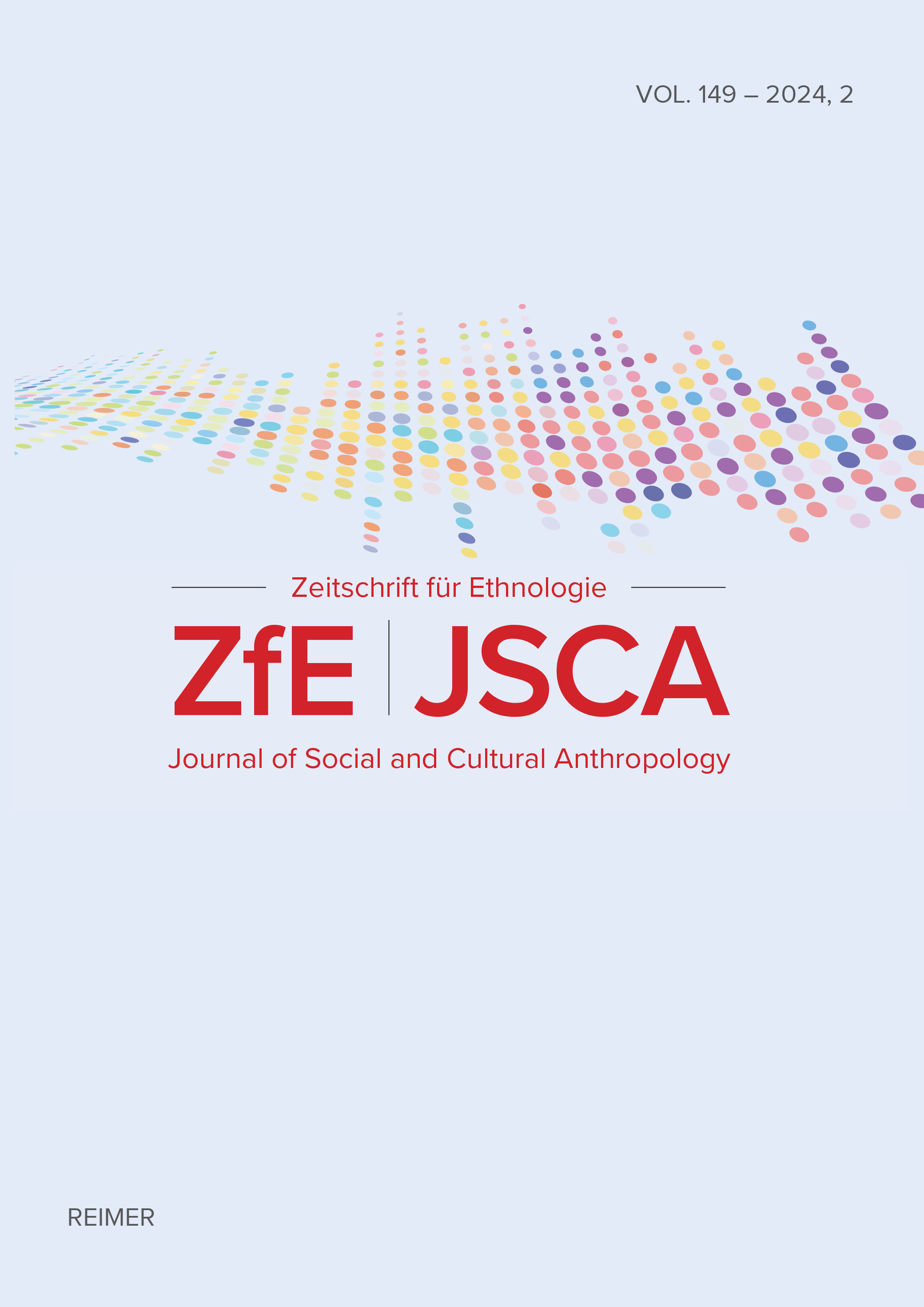Humans as Those Who Must Care and Act: The Mobilizing Rights of Nature in Anti-Mining Struggles in Ecuador
Main Article Content
Abstract
This article follows Mihnea Tănăsescu’s (2022) call for critical scholarship on rights of nature to examine empirically how and why such rights are used. It does so using the example of resistance to mining in the Ecuadorian Íntag region. Drawing on fieldwork among communities within the area of influence of the Llurimagua copper mining project and with other anti-mining, environmental and human rights activists, I argue that while in academic debates around rights of nature questions of ‘being’ and ontology take centre stage, these issues do not really seem to matter to those who mobilize action to secure these rights. On the contrary, despite the portrayal of rights of nature as posthuman or as more-than- human law, the article shows how, in mobilizing in favour of rights of nature, the human is retained as an important ‘category of analysis and action’ (Zenker and Wolf: 2024) as those who (must) care and can be made responsible.
Article Details

This work is licensed under a Creative Commons Attribution-NonCommercial-NoDerivatives 4.0 International License.

